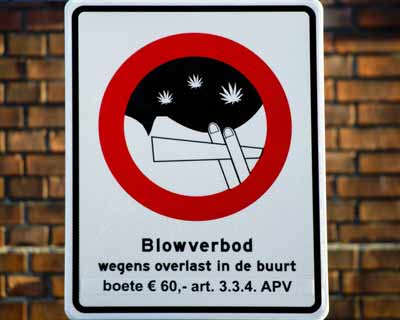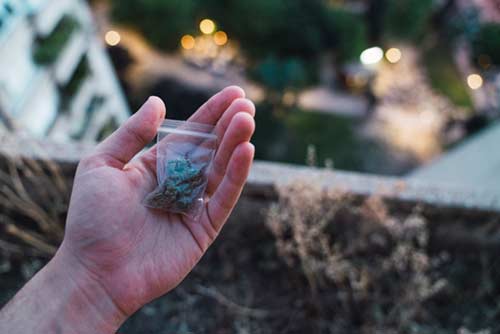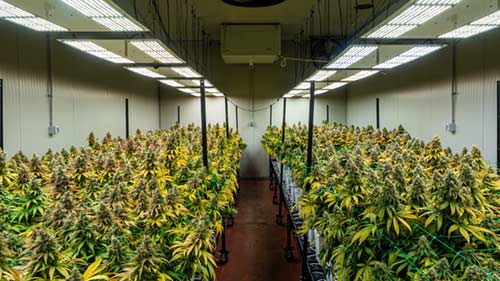Frequent use of cannabis can often lead to dependence
WHAT IS CANNABIS USE DISORDER?
Cannabis use can lead to the development of problem use, known as a cannabis use disorder, which takes the form of addiction in severe cases. Recent data suggest that 30% of those who use cannabis may have some degree of cannabis use disorder. People who begin using cannabis before the age of 18 are four to seven times more likely to develop a cannabis use disorder than adults.
Cannabis use disorders are often associated with dependence—in which a person feels withdrawal symptoms when not taking the drug. People who use cannabis frequently often report irritability, mood and sleep difficulties, decreased appetite, cravings, restlessness, and/or various forms of physical discomfort that peak within the first week after quitting and last up to 2 weeks. Cannabis dependence occurs when the brain adapts to large amounts of the drug by reducing production of and sensitivity to its own endocannabinoid neurotransmitters.
Cannabis use disorder becomes addiction when the person cannot stop using the drug even though it interferes with many aspects of his or her life. Estimates of the number of people addicted to cannabis are controversial, in part because epidemiological studies of substance use often use dependence as a proxy for addiction even though it is possible to be dependent without being addicted. Those studies suggest that 9% of people who use cannabis will become dependent on it, rising to about 17% in those who start using in their teens.
In 2015, about 4.0 million people in the United States met the diagnostic criteria for a cannabis use disorder 138,000 voluntarily sought treatment for their cannabis use.
Rising Potency
Cannabis potency, as detected in confiscated samples, has steadily increased over the past few decades. In the early 1990s, the average THC content in confiscated cannabis samples was less than 4%. In 2018, it was more than 15%. cannabis concentrates can have much higher levels of THC. The increasing potency of cannabis, combined with the use of high-THC concentrates, raises concerns that the consequences of cannabis use today could be worse than in the past, particularly among those who are new to cannabis use and in young people, whose brains are still developing.













